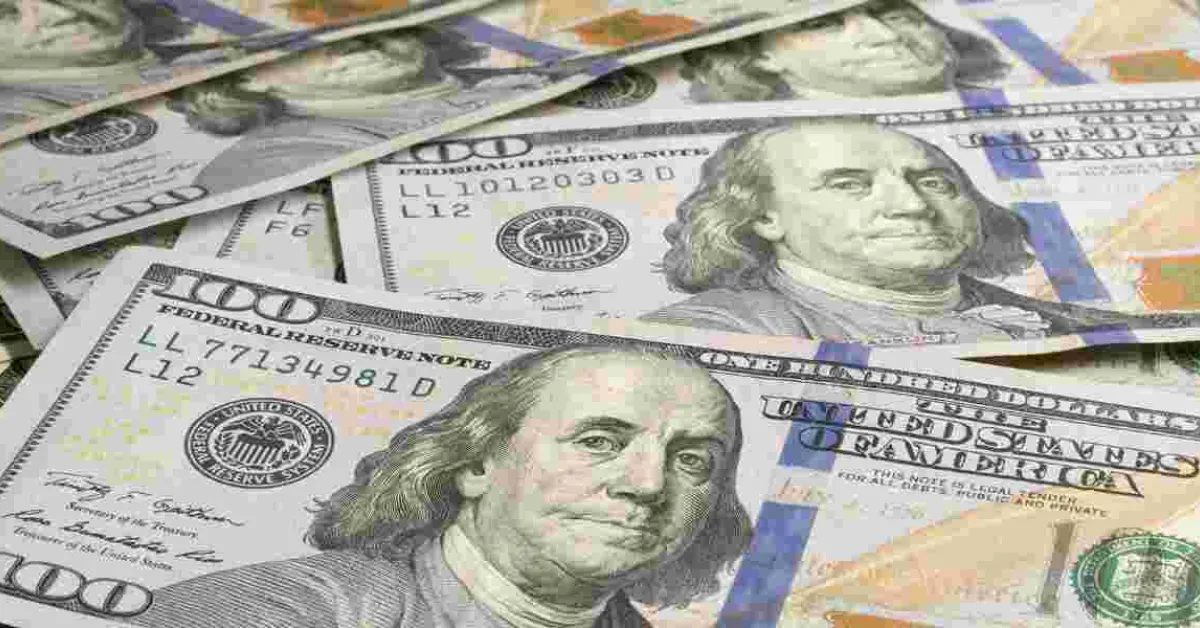Experts Forecast Continued Strengthening of Kenyan Shilling Against US Dollar

Recent reports suggest a promising outlook for the Kenyan shilling against the United States dollar in the coming days.
Traders have expressed optimism regarding the forex market with Reuters noting that the shilling maintained broad stability throughout most of the week and is anticipated to make modest gains in the near future. As of September 12, commercial banks were quoting the shilling at 128.50/129.50 per dollar, a slight shift from 128.25/129.25 at the previous Thursday's close. While traders expect the local currency to maintain its present levels for the next few days before further stabilization, this stability is largely attributed to an increasing demand for dollars from oil importers and corporate entities.
This forecast follows a recent period of slight weakening for the Kenyan shilling against the dollar, primarily due to heightened demand from manufacturers and importers. The currency also experienced a dip following Moody's downgrade of Kenya's sovereign rating which pushed it deeper into junk territory. The credit ratings agency cited concerns over the country's ability to manage its growing debt burden, downgrading Kenya from "B3" to "Caa1" and projecting prolonged weakness in debt affordability.
Earlier this year, the local currency saw significant gains after the government repaid a Sh310 billion ($2 billion) Eurobond that matured in June. The shilling's dramatic appreciation was also linked to the oversubscription of infrastructure bonds issued by the central bank in February. In recent months, the Kenyan shilling has faced considerable pressure due to various economic factors. The country's heavy reliance on imports, particularly oil, has led to persistent demand for US dollars, exerting downward pressure on the shilling. Global economic conditions, including fluctuating commodity prices and geopolitical tensions, have further complicated the currency's position.
Despite these challenges, the Central Bank of Kenya (CBK) has implemented several measures to stabilize the currency, including tightening monetary policy and bolstering foreign exchange reserves. While these efforts have had some success in mitigating excessive volatility, the shilling remains susceptible to external shocks. The Kenyan government has also been proactive in seeking external financial support to strengthen its foreign exchange reserves. A recent $750 million loan from the World Bank, intended to support the country's budget and enhance economic resilience, is expected to provide some short-term relief for the shilling.
Looking ahead, analysts maintain a cautiously optimistic outlook on the shilling's prospects. While the currency is projected to remain within a stable range in the near term, its long-term performance will depend on various factors including global economic conditions, domestic fiscal policies, and the effectiveness of government interventions.














Comments
Did Meg Whitman finally…
Permalink
Did Meg Whitman finally bribe the thieves?
America has chosen to be watu pathetic . It is a pity.
If they were a third world country America would be worse that Haiti.
Maisha imewalemea.
Add new comment